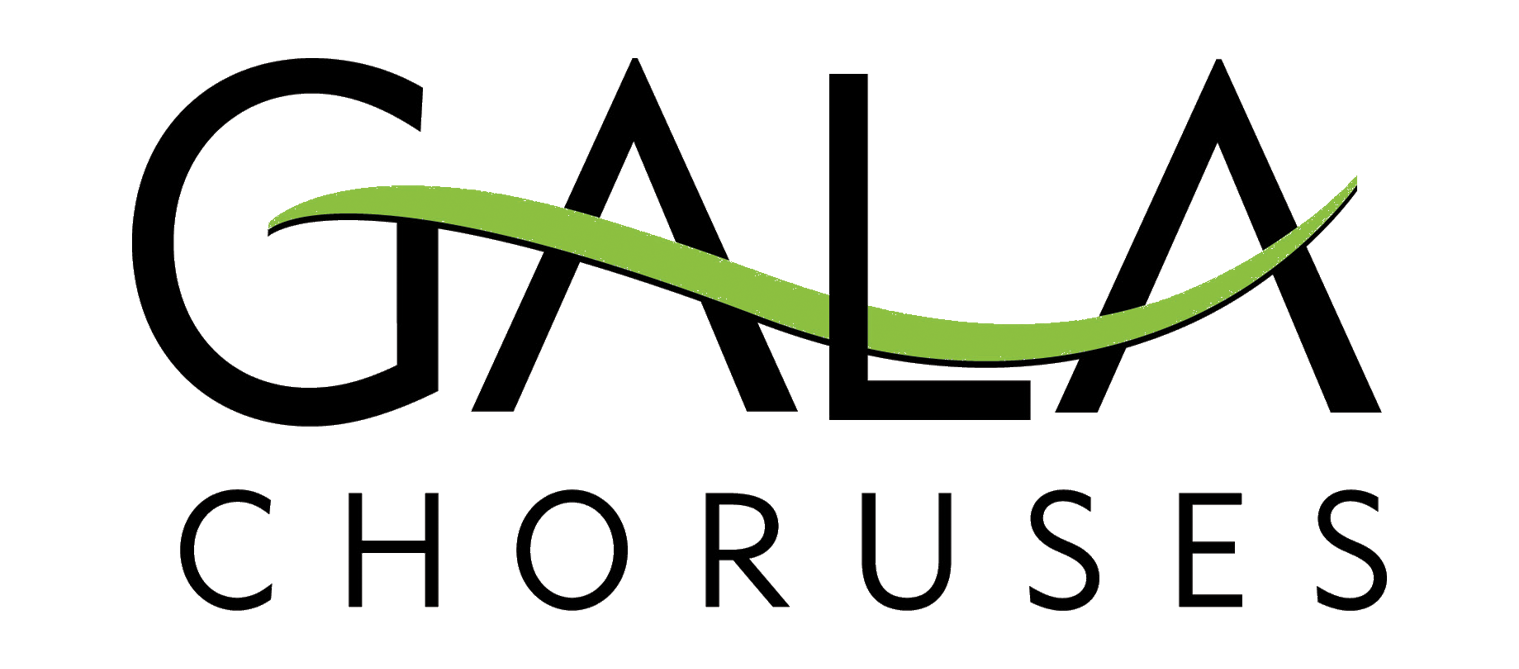By GALA Expert
November 20, 2023
Tim Sarsany, Artistic Director
Columbus Gay Men’s Chorus
PLANNING IN ADVANCE
- Prepare a budget for the entire project including distribution costs if you are planning to create a physical CD with a jewel case and art work.
- Choose your repertoire carefully. Is there a market for this music? Is it your best work? Do you have permission from each copyright holder to distribute this music – or can you get it?
- Start early on arrangement permissions and mechanical licenses. See the GALA resources on Copyright & Licensing.
- Chose your recording venue carefully for good acoustics and no outside (or inside blowers or noise).
- Prepare artistically. Don’t use precious recording time as rehearsal time.
- Two recording sessions on separate days may yield better results than recording the entire CD in one day.
ORGANIZING THE RECORDING SESSION
- Over-estimate time for each recording session so as not to be rushed. Plan for extra time at the beginning of the first session to get levels set, etc.
- Begin each recording session with easier songs that the chorus knows well. They will be nervous!
- Place more demanding selections in the middle of the sessions.
- Build in time for breaks not only for singers, but for instrumentalists.
- Recordings don’t have to be recorded in final CD song order.
WHAT TO TELL YOUR SINGERS
- Wear comfortable clothing and shoes.
- Be patient. I will take a lot of time to get a great recording.
- Go for it with each song!
- Don’t be afraid that you may might a mistake. We can always stop and start or bring in something from an earlier or later take.
- Don’t sing/produce the sound any differently than you normally do.
- Ignore the mics.
- Reassure singers throughout the session. Find a good balance between “business” and “music making backed by encouragement”.
INSTRUMENTALISTS
- Factor in their involvement as well: easier songs, then more demanding songs. Take breaks.
- Try to group songs that require similar instrumental demands together. This will cut down on costs.
DURING THE RECORDING
- Start each day’s session with a good physical and vocal warm-up.
- Recording devices may pick-up air-conditioners or blowers, so you may have to turn these off to record. If this is the case, get the room as cool as possible at the beginning. When the room gets too warm, energy and intonation start to suffer.
- Before recording each song, quickly rehearse tricky spots that need attention.
- Record everything, even the pre-recording run-throughs (if any). There may be something in those you can use later.
- Announce each take: “Feliz Navidad – take 1”
- Listen to each take after it is recorded. Let your singers rest quietly.
- Have a second set of ears in the hall. It is very helpful to have someone there who isn’t as close to the music. After rehearsing the music for some time, some things can become more background, and that other set of ears will hear things you may miss.
AFTER THE RECORDING
- Take a week or two away from the recording before you start the mixing process.
- Plan two mixing sessions rather than a single long session. Mixing can be time-consuming and after a while, you may not be able to hear clearly. Bring in another ear here too.
- Some solos (vocal or instrumental) may be able to be mixed in during a separate session after the recording session.
- Plan a CD release party to celebrate your great achievement!
LIVE CONCERT RECORDING VS. RECORDING SESSION – PROS & CONS
Live concert recording
PRO
- Energy can be stronger in live performance
- Capture audience reactions
- Save on cost for hall, recording
- engineer, and instrumentalists
- Save on extra time from your singers
CON
- Microphone placements not optimal
- Can’t re-record sections that don’t go as well.
- May not be able to mix as well to achieve optimal balance etc.
Recording session
PRO
- Optimal microphone placement
- Can re-record sections that could go better than original take
- Can mic piano, instrumentalists individually to achieve better balance with voices
CON
- Additional costs for hall, recording engineer, and instrumentalists
- Requires additional time from singers
- Takes a little extra time to “get in the zone” for songs that are more emotionally charged. There’s no audience feeding you energy
